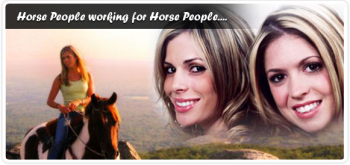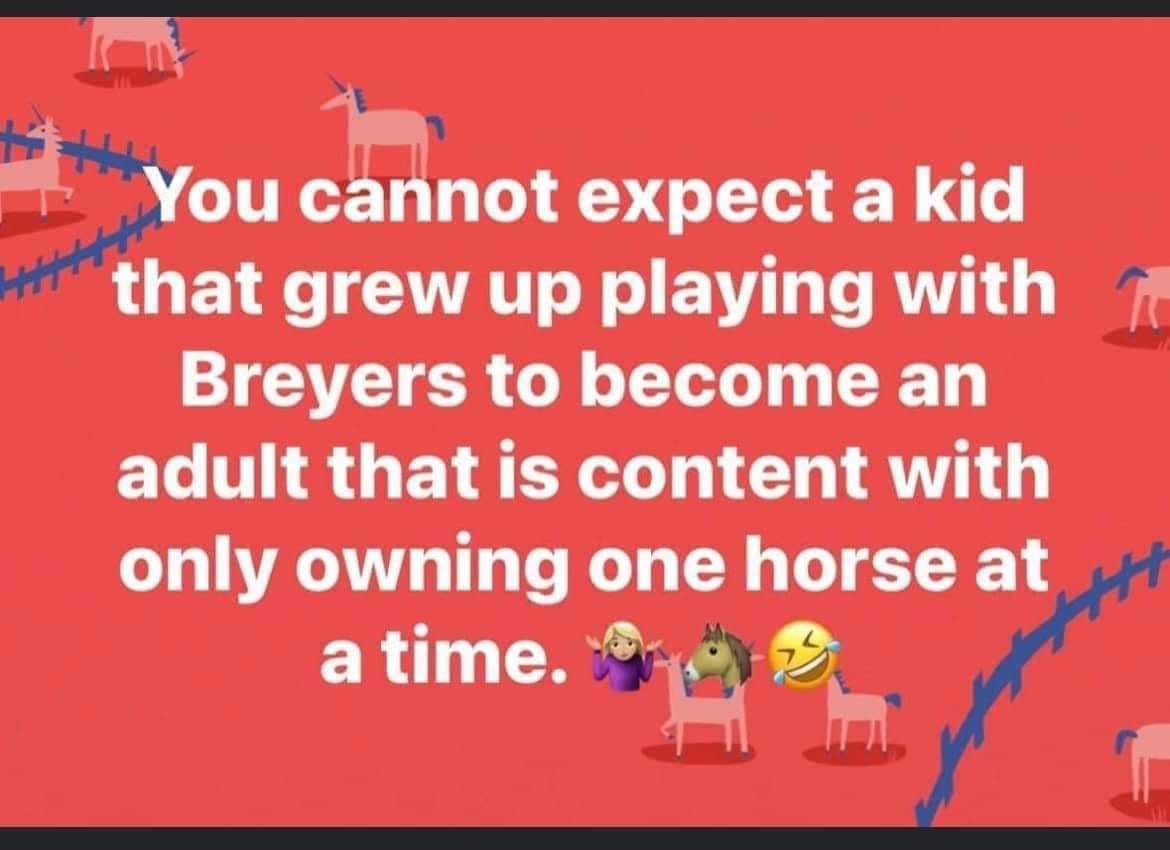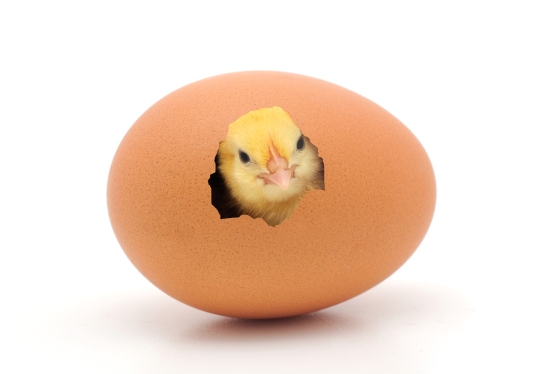All Category
Mortgage Pre-Qualification vs Pre-Approval
Thu Jan 25Two often confused terms in the home buying process are a mortgage loan pre-qualification and a home loan pre-approval. Even some loan officers and real estate agents will use the terms incorrectly, so here's what you really need to know about each one.
Pre-Qualification
A mortgage loan pre-qualification is simply an estimate of how much house you can afford and how much money a lender would be willing to loan you. The best time to get a pre-qualification is right at the beginning of your home buying process, before you even start looking at houses. This involves either sitting down with a lender or talking with one on the phone, and providing information on your income, assets, debts, and a potential down payment amount. The lender would then provide you with a ballpark figure in writing of how much he thinks you could afford to pay for a monthly mortgage. There is no cost involved and there is no commitment on either side. This estimate is just helpful in helping you figure out if buying a home is a viable option, and if so, what your price range would probably be.
Pre-approval
Getting pre-approved means that you have a tentative commitment from a specific lender for mortgage funding. In this case, you provide a home loan lender with actual documentation of your income, assets, and debts. This process typically requires an application fee as well, since the bank will run a credit check and work to verify all your employment and financial information. Once you are approved, the lender will give you a letter of commitment, stating how much money her bank is willing to loan you for a home purchase. With a pre-approval in hand you can start your shopping - real estate agents and sellers will take you much more seriously when they see you have your mortgage funding in place.
It is important to understand, however, that even a pre-approval is not a guarantee that you will be approved for a mortgage loan. The funding will only be given when the property appraisal, title search, and other verifications check out on the home you have chosen to buy. Neither is the pre-approval binding; you can still obtain a mortgage from a different lender. If you do stick with the same company that pre-approved you though, the application process will be much shorter once you find the right house.

















